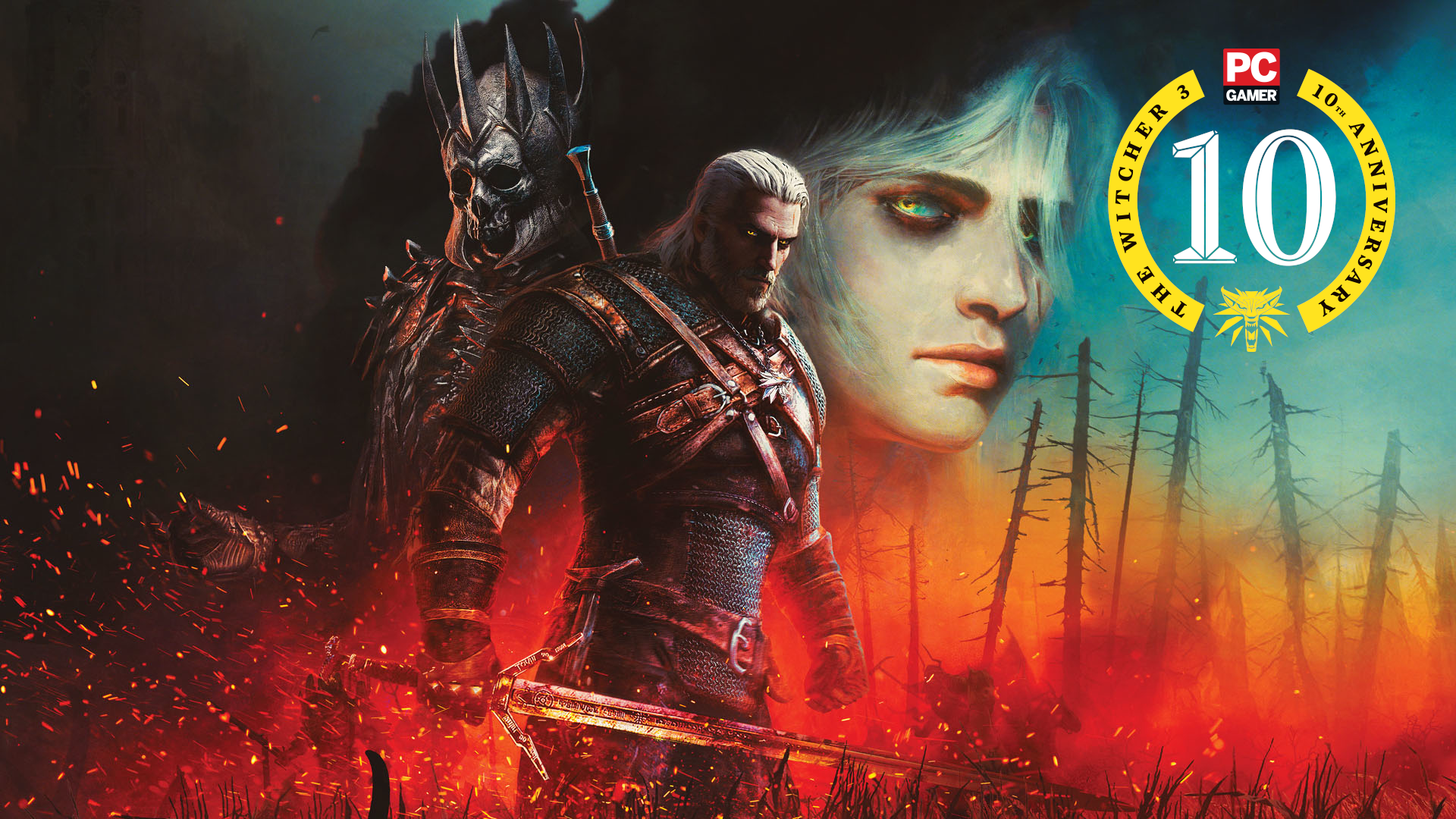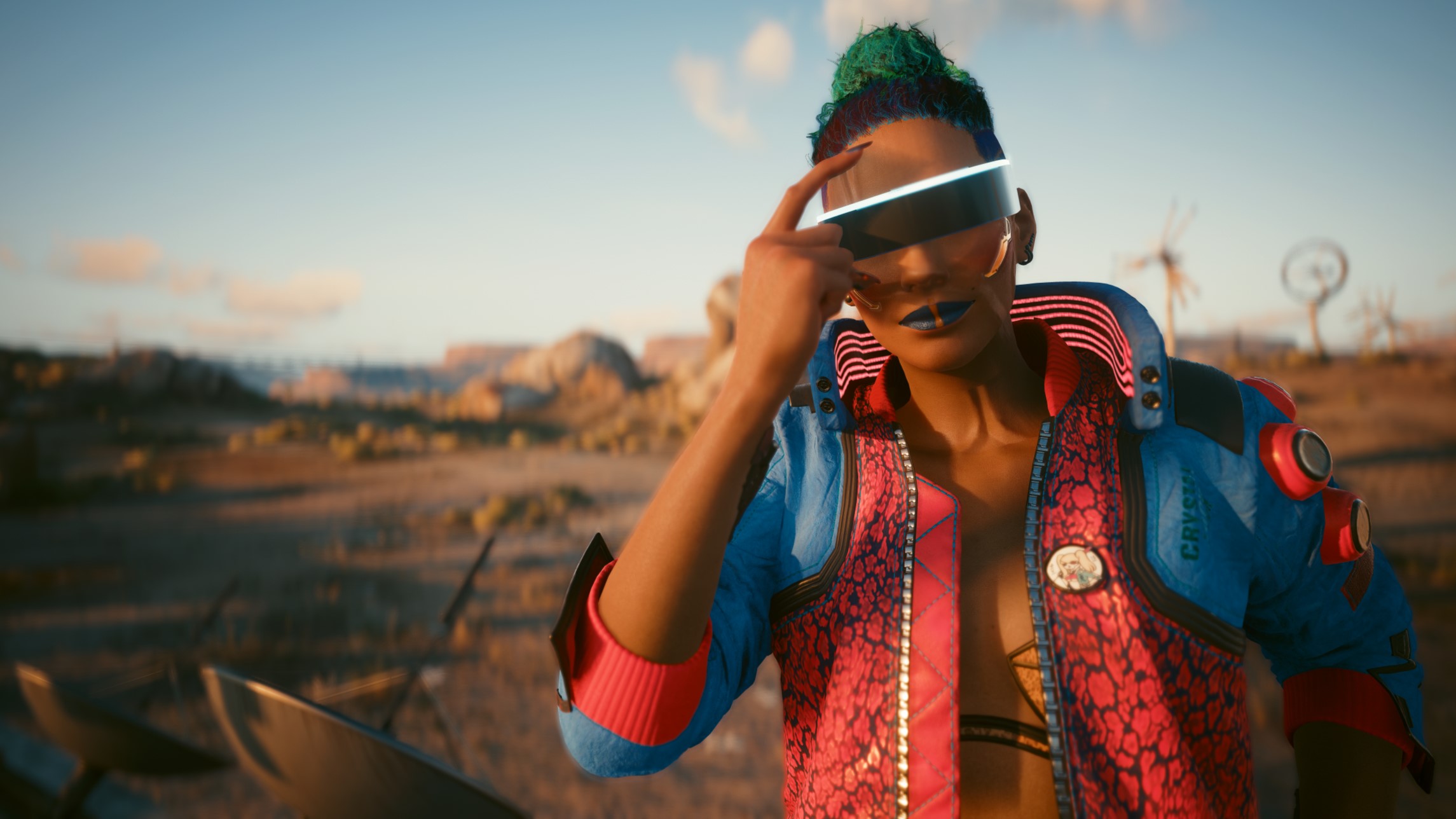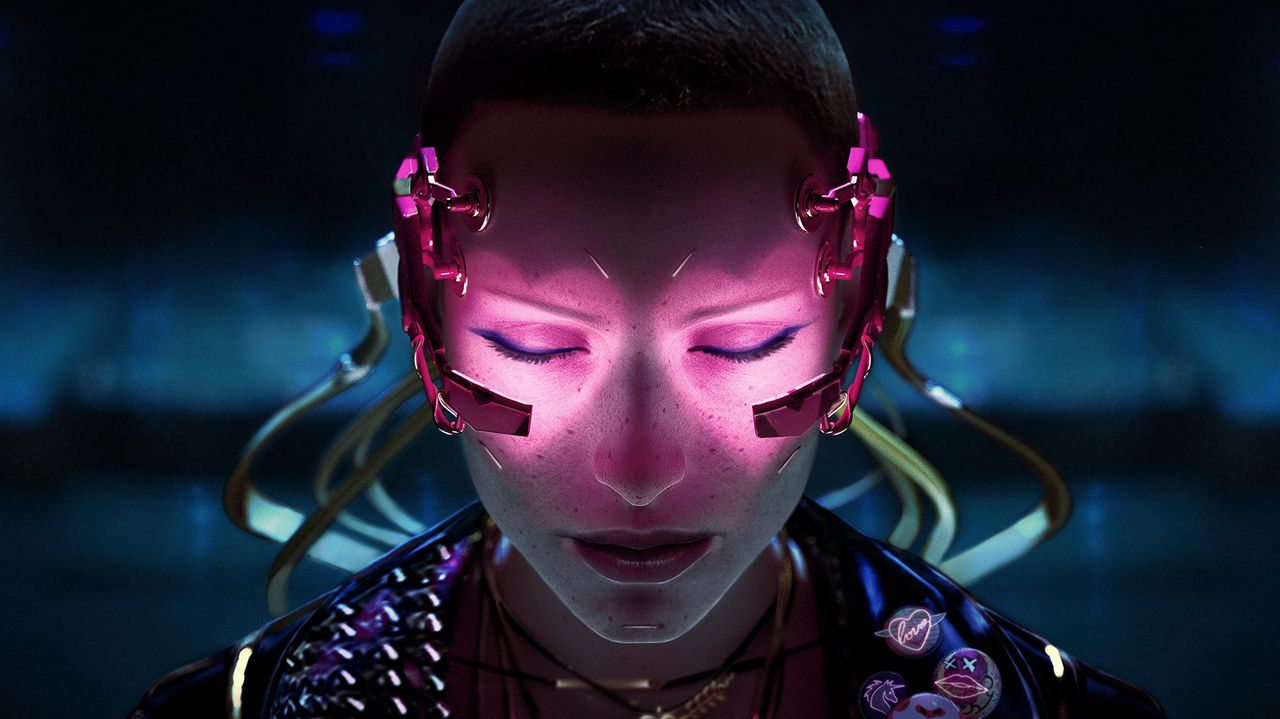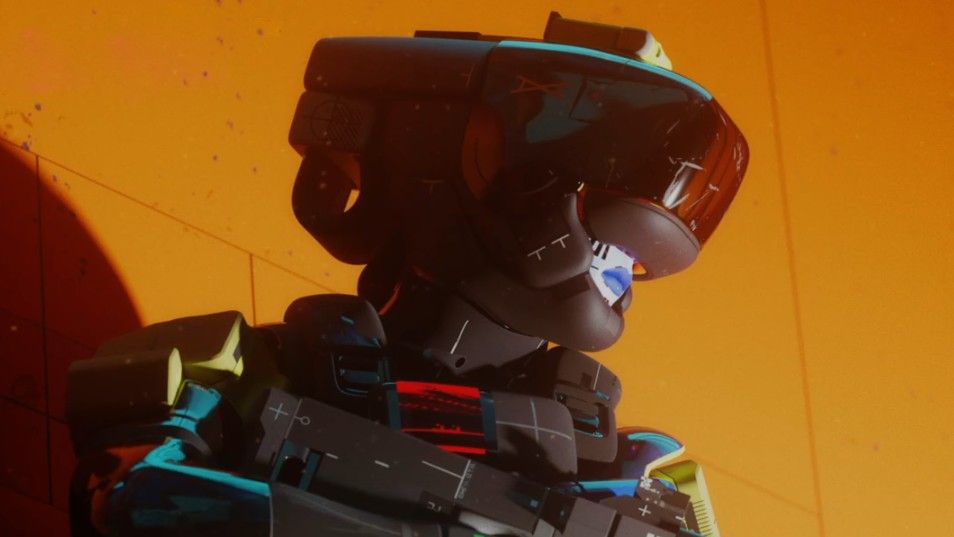CD Projekt Red reflects on its hubris following The Witcher 3’s success, and how that led to Cyberpunk 2077’s problems: ‘I think that was the beginning of a bit of magical thinking for the company’

The Witcher games are one of the clearest examples of improvement over a series in videogame history. No backsliding here: The Witcher was a mess, The Witcher 2 was genuinely quite decent, and The Witcher 3: Wild Hunt was a masterpiece. The Witcher 3’s success put CD Projekt Red on Sony’s speed-dial, but it had other consequences as well.
The Witcher 3 at 10
To celebrate its 10th anniversary, all this week we’re looking back on The Witcher 3—and looking ahead to its upcoming sequel, too. Keep checking back for more features and retrospectives, as well as in-depth interviews with the developers who brought the game to life.
“It gave us confidence that we can deliver a truly ambitious and engrossing RPG of a big scale,” says Michał Nowakowski, joint CEO and member of the board, speaking to PC Gamer’s Joshua Wolens. “And that we can punch above our weight and we can get head to head with the big ones. I remember, I was like, really, really afraid of the standard that Dragon Age: Inquisition’s going to set,” Nowakowski recalls.
While the two did duke it out for RPG of the Year awards (“I thought it was a fantastic game,” Nowakowski says of the competitor), The Witcher 3 was such a smash it changed expectations at CD Projekt Red. “That gave us confidence,” Nowakowski says. “Maybe in many ways even too much confidence looking back, to be honest, because I think that was the beginning of a bit of magical thinking for the company, which only stopped after Cyberpunk.”
Or as Adam Badowski, CD Projekt Red’s other joint CEO and member of the board puts it, “We turn from underdog to the company that is visible in the industry.”
The idea of magical thinking brings to mind BioWare magic, the idea that a troubled videogame will inevitably come together during the final stage of development because that’s what happened last time. And while the concept’s been torn apart repeatedly, it persisted because so many videogames do come together at the last moment. Even a classic like Thief: The Dark Project wasn’t fun to play until it was almost finished.
“I do remember, for The Witcher 3 specifically, seeing a version of the game that was put together, I think it was like February, 2015?” Nowakowski recalls. “I remember I walked up to Adam and said, ‘How are we in a good shape? Because that looks really not that great.’ You know, like, ‘Don’t worry. We’re gonna make the final push with the patch. That’s gonna be a day-zero patch.’ I remember talking to some of the key tech people, and they were tired—exhausted, to be honest—but it’s OK. We’re gonna make it happen. And they did. Of course there were a lot of patches afterwards, but the whole thing was like a force of nature. Lots of chaos, and a lot of final-moment efforts over there, without I think proper planning.”
The fact The Witcher 3 came together in that final push didn’t help the way the studio thought about things. “Everybody felt I think for a few moments that whenever something’s going on, we’re gonna have a magic fairy at the end that’s gonna come down and sprinkle some dust, and things are gonna be OK,” Nowakowski says. “I’m of course exaggerating, but there is some truth in that. So that’s a negative change. The positive change was that confidence, which I think helped us to build the ambition, which I still think is a big value of the company.”
Cyberpunk 2077’s development demonstrated both the benefits of ambition, and the risks of overconfidence. Even as the studio got bigger, Nowakowski says, “A lot of things were developed in almost isolation, as weird as it may sound, so we sometimes didn’t see the actual effects of how it actually interacts until it was put together.” If those things developed in isolation don’t magically come together, you end up with a game full of disconnected systems, and sidequests that feel like they don’t mesh with the main questline. Which is to say, you end up with Cyberpunk 2077.
The Witcher games were developed in a similar way, Nowakowski says, but the issues that resulted were easier to fix. “It was probably never fine,” he says, “but it worked when the scope of the games were smaller. Like for Witcher 1 and 2. But I think at The Witcher 3, we could already hear the boat is creaking a little bit.”
Following the launch of Cyberpunk 2077, the studio worked to tear down that isolation. “I don’t want it to sound like it was all chaos, you know, burning cart on fire, because that would also not be true,” Nowakowski says. “We had great producers, and there was a lot of planning involved that made sense.” But the processes at CD Projekt Red in need of addressing finally were, “and that’s a big change that happened after Cyberpunk.”
When you’re spending $81 million to make a game like The Witcher 3, and $320 million on Cyberpunk 2077’s launch version, you don’t get to be the underdog any more. It can be hard to let go of the idea you’re the upstart rebels disrupting an industry and approach work more responsibly, though. “It was cool to be underdog,” says Michał Platkow-Gilewski, VP of PR and communication. “Yeah, it’s sexier.”






